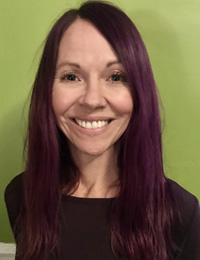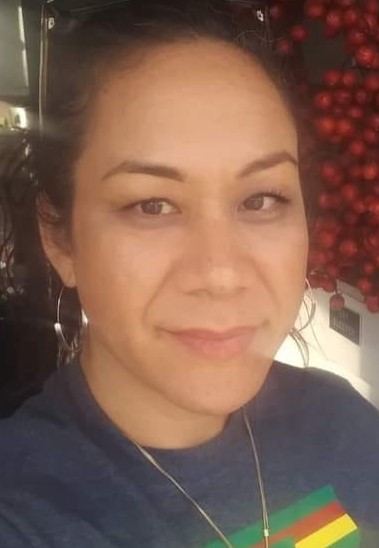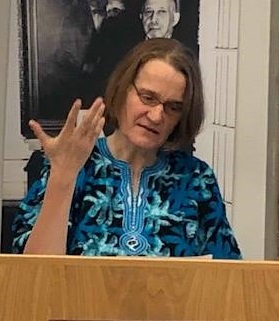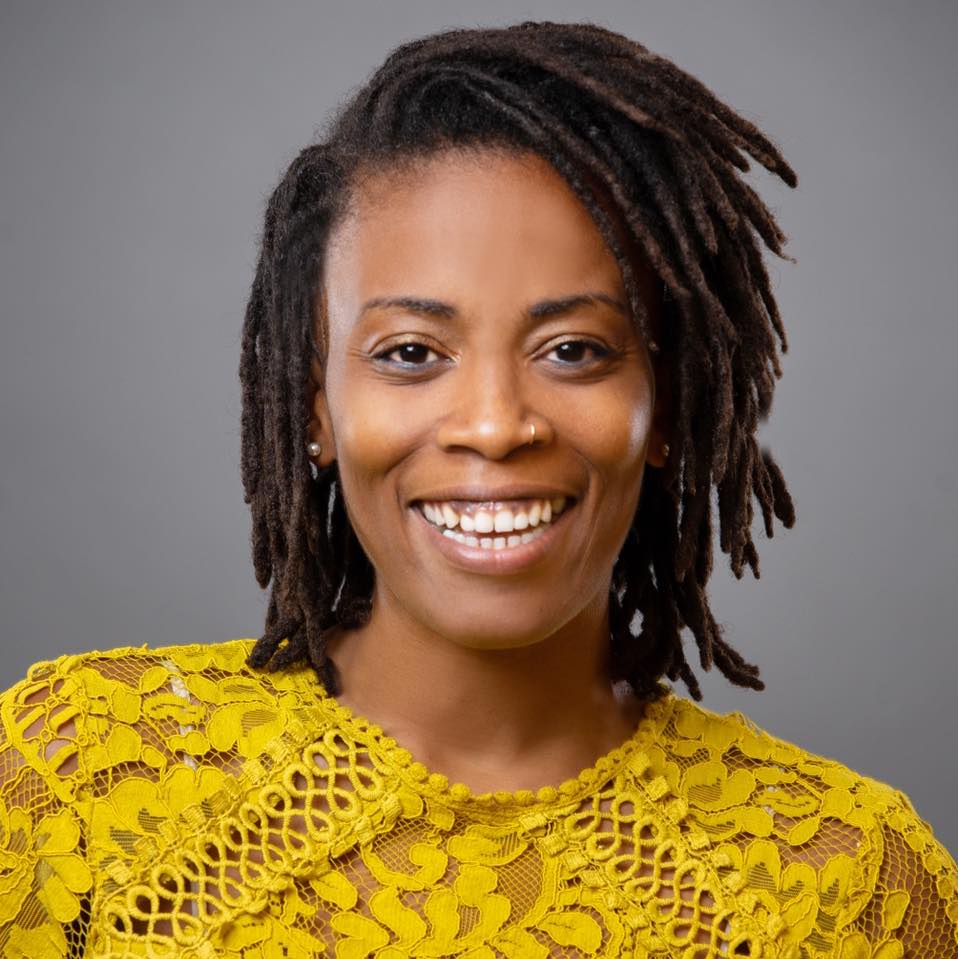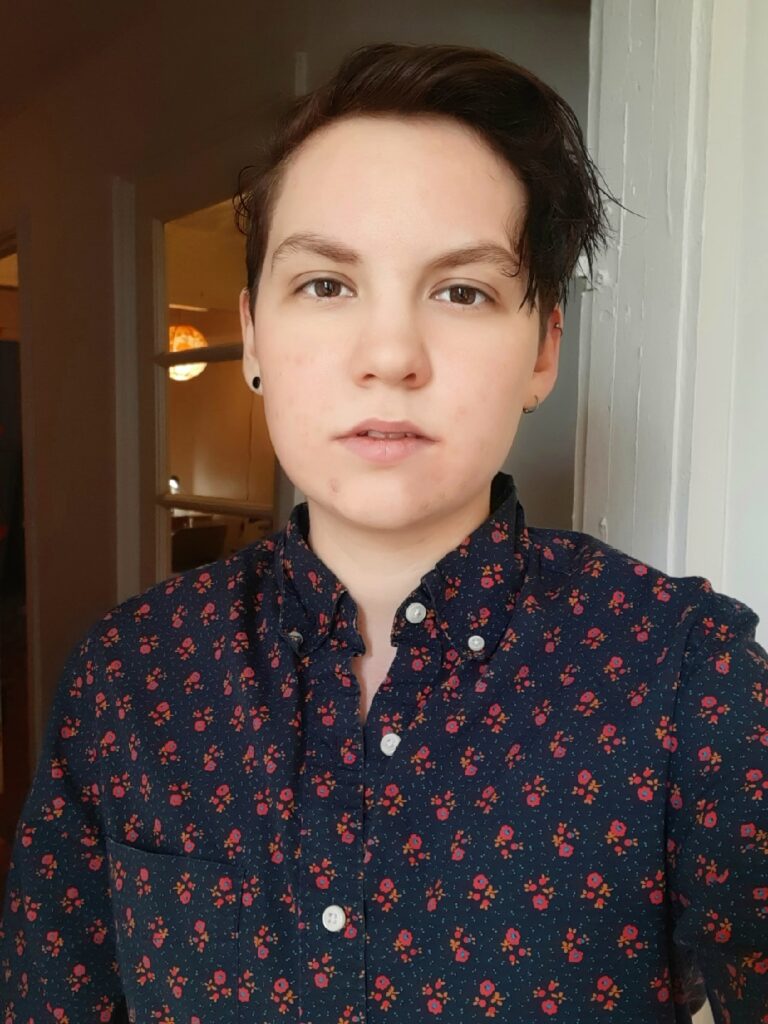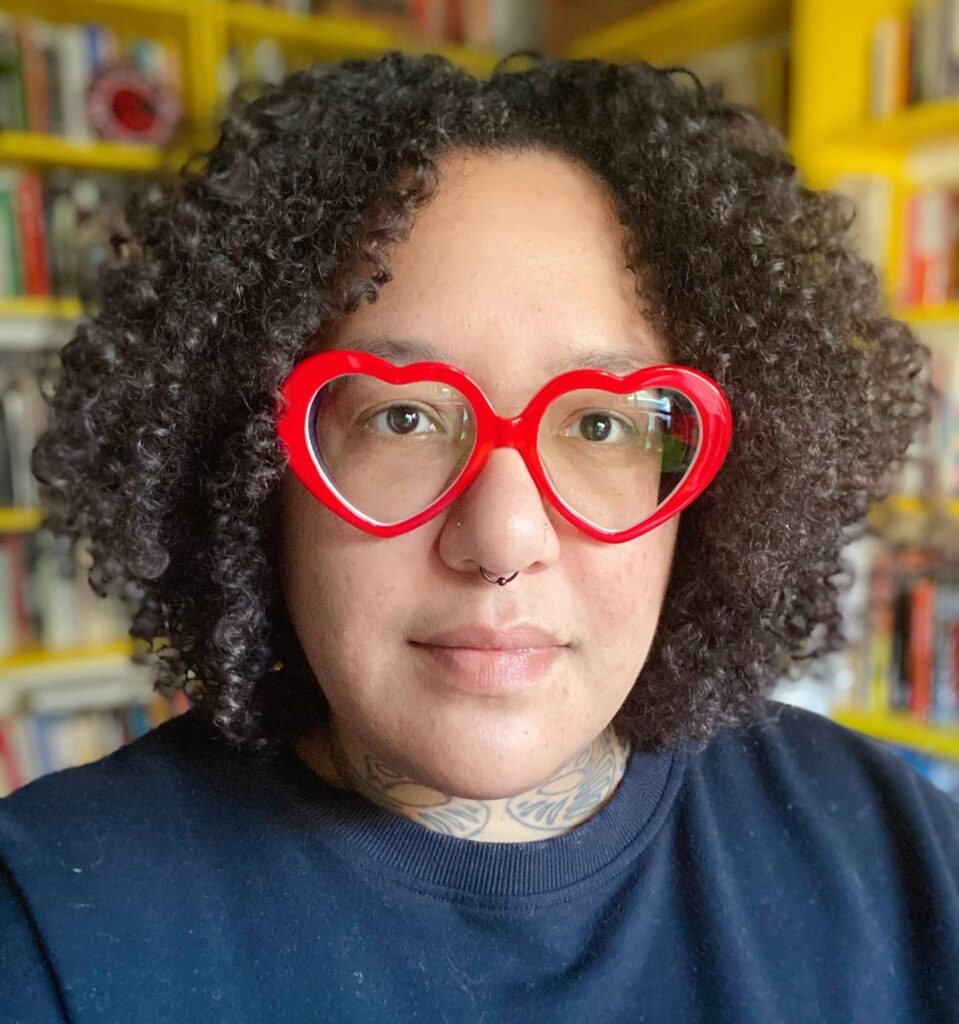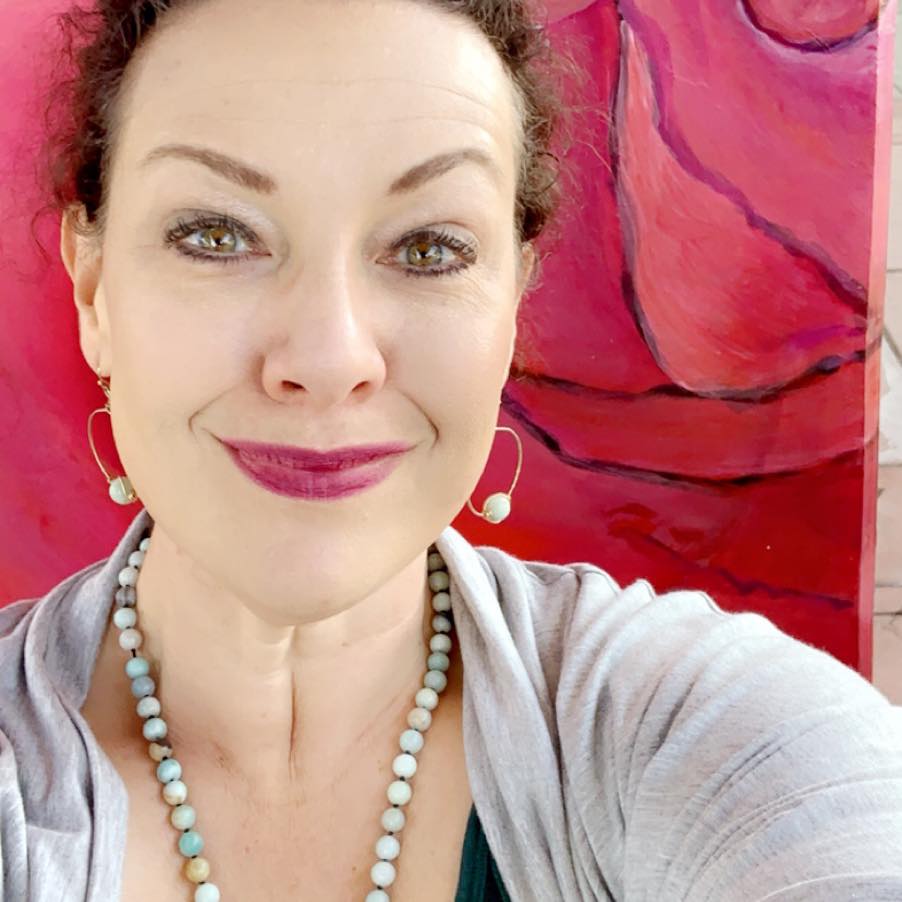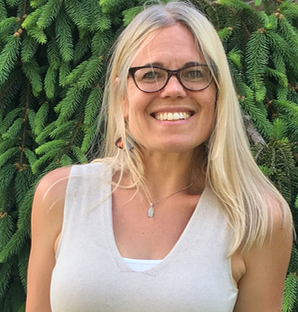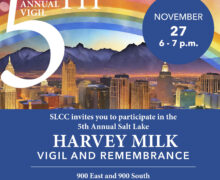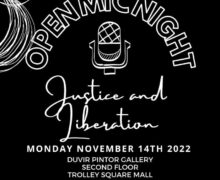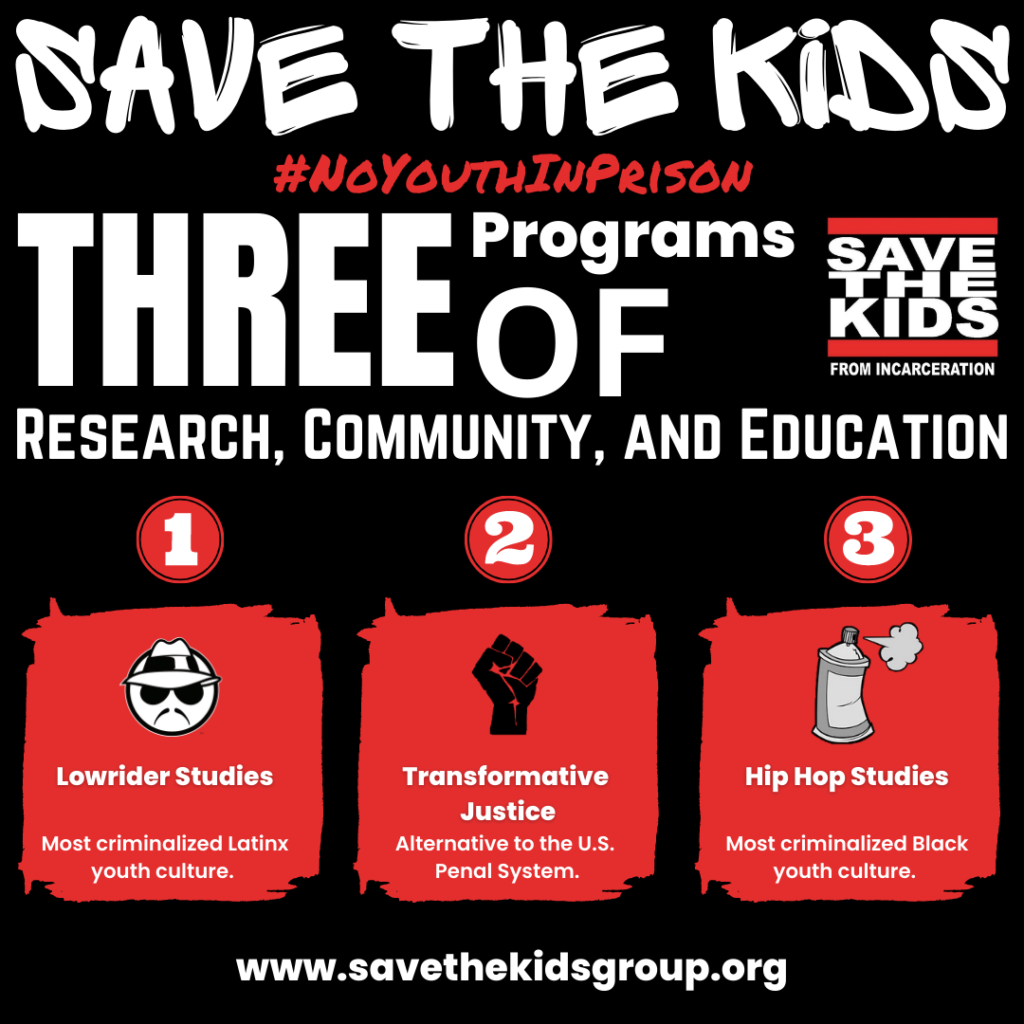March 26, 2021 – 1st Annual Smashing Patriarchy and Colonialism Conference
1st Annual Smashing Patriarchy and Colonialism Conference
March 26, 2021
Free, Open to the Public, Pre-Register via Zoom
Friday, March 26, 2021
9:00am to 2:00pm Western Time
10:00am to 3:00pm Mountain Time
11:00am to 4:00pm Central Time
12:00pm to 5:00pm Eastern Time
Hosted by
Salt Lake Community College’s JEDI4ST interdisciplinary research center.
Theme of the Conference
This conference is a free, grass-roots, open to the public gathering of critical theory practitioners and community organizers. The presenters are local and national scholar-activists working across disciplinary boundaries on social transformation and liberation. This joyful liberatory conference is an intersectional event that fosters critical thinking about resistance, rebellion, critiques of authoritarianism and works to dismantle oppression and domination, specifically – the interlocking l systems of oppression including patriarchal capitalism, colonialism, imperialism and neoliberalism in various local, national and global contexts.
Sponsored by:
Save the Kids, Eco-ability Collective, Transformative Justice Journal, SLCC’s Justice, Equity, Diversity, and Inclusion for Social Transformation, Institute for Critical Animal Studies, Poetry Behind the Walls, Peace Studies Journal, and Utah Criminology Studies Association.
Chaired by:
Mojdeh Sakaki and Kati Lewis
Salt Lake Community College
Pre-Registration Link:
https://slcc-edu.zoom.us/webinar/register/WN_wCSfC7MYQUeZ8AF_KOzmDg
SCHEDULE
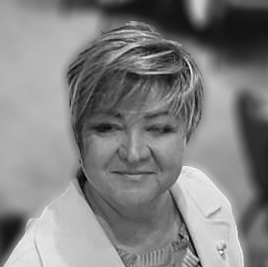
Welcoming and Overview
Mojdeh Sakaki and Kati Lewis
Salt Lake Community College
10:00am-10:20am
Mojdeh Sakaki serves as the Program Manager, Fashion Institute & Interior Design at Salt Lake Community College. She has earned a Master of Public Administration from University of Utah. She has served SLCC students and colleagues for the past twenty years. She started the Fashion and Interior Design programs. She serves in numerous committees. She Co-Chairs the Ethnic Minority Employee Coalition (EMEC). She is internship coordinator for ID program. She is an adjunct faculty member. She serves as the Vice-Chair of RDA Advisory Board (Redevelopment Agency of SLC). Mojdeh is the proud recipient of Teaching Excellence, Staff of the year, NICOD and University of Utah Wendy Rice awards.
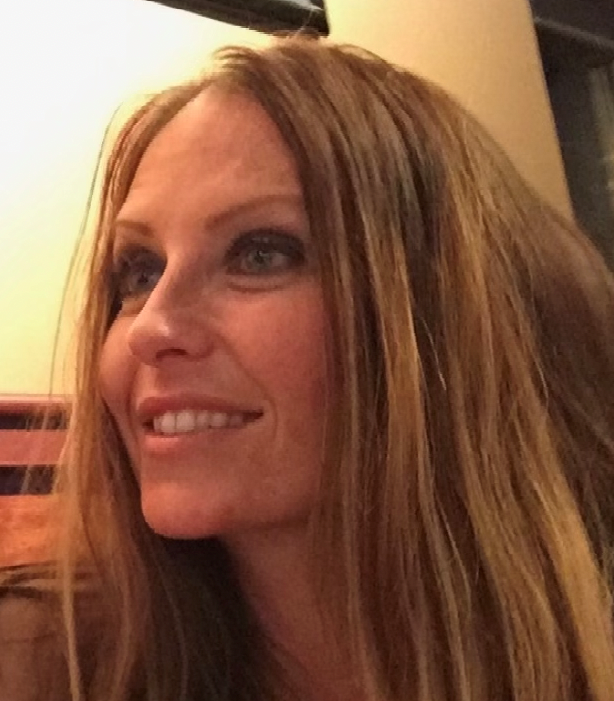
Kati Lewis is an Associate Professor of English at Salt Lake Community College. There is no hierarchy to the following ways of being that Lewis inhabits her body and mind. She’s a teacher, lover, activist, mother, hiker, sometimes marathoner, and need-to-find-more-time-for-writing writer. As a sexual violence survivor and bisexual womxn raised in a very patriarchal religion, her teaching and writing investigate the myriad sociopolitical and environmental experiences of intersectional identities, stories, and histories. Three of the major frameworks for her research, teaching, and writing are exploring themes of silence and voice in the United States, the power and importance of real representation, and the necessity of unerasing intersectional LGBTQ+ histories.
1. Breaking Down JEDI4ST a Leading Transdisciplinary Community College Research Center
Nancy Barrickman
10:20am-10:30am
Justice, Equity, Diversity and Inclusion for Social Transformation (JEDI4ST) founded in the Fall of 2020, is the interdisciplinary research center at SLCC, which is housed in the Chief Diversity Office. Its mission is liberatory social transformation with the goal of ending oppression, inequity, exclusion, and injustice. Social transformation is a change in all aspects of society including the people, institutions, systems, industries, and communities rather than the narrow scope of social change movements that focuses on one or two aspects of society. Our approach is grounded in Paulo Freire’s concept of praxis within critical pedagogy: we interweave theory and practice.
Nancy Barrickman, Ph.D. is an Assistant Professor in the Biology Department at Salt Lake Community College. She earned her doctorate from Duke University in the Department of Evolutionary Anthropology. Previously, she conducted research in primatology and conservation. She recently shifted her focus to examine the complexities of diversity, equity, and inclusivity in higher education. In addition to conducting research on the effects of teaching and learning practices, she is the chair of the Faculty Senate Equity-Minded Practitioner Subcommittee at Salt Lake Community College.
2. Oceania Circles: Deep Time, Pasifika Art, and Resistance to Colonization
Lea Lani Kinikini, Salt Lake Community College
10:30am-10:50am
This paper will provide background to the critical geography and colonization of Oceania both in deep time, and in contemporary times. It will also engage contemporary artists to explore resistance and critiques of colonization in Oceania.
Lea Lani Kinikini (PhD, University of Auckland, New Zealand, MA University of Hawaiʻi, BS University of Utah) is a researcher and educational practitioner who has worked internationally in Hawaiʻi, New Zealand, Oceania and now Salt Lake County. Her research has examined the school to prison to deportation pipeline with a focus on case law and Pacific Islander youth gangs. She has conceptualized how legal fictions are extrapolated both in the public sphere and in the legal realm to produce ranked or ‘marked’ populations underlined by racial classes. She currently is the Chief Diversity Officer at Salt Lake Community College working on building solutions to over-incarceration and is committed to creating equity through educational justice innovations.
10:50am-11:00am Q and A
3. The Lawlessness of Law: Outlaw Nation, Settler Colonialism, and a Possessive Investment in Whiteness
Mecke Nagel, SUNY Cortland
11:00am-11:20am
This presentation argues that 1619 marks the beginning of an outlaw nation, marking the violent advent of chattel slavery in the US. Over the next 400 years, slave codes, black codes, convict lease, and Jim Crow, and other targeted disenfranchisement policies, laws, and statutes, not only protect the white polity in the United States from a population that has been systematically denied rights that white citizens enjoy (and demand) from their state institutions. Drawing on historical examples of subjugation and Black American resistance to such outlaw practices, I argue that such the government’s legal reasoning is Hobbesian and Manichean: might makes right. The settler colonial hegemony utilizes Hobbesian social contract theory to justify oppression of Indigenous nations and people of African descent. Ultimately, my postcolonial ideology critique showcases that an investment in legal protection for subalterns is futile; specifically, the abstract rights-bearing individual is a ruse and a belief in the race neutral rule of law has been convenient in buttressing white supremacist terror in all its myriad variations.
Mechthild Nagel, Ph.D., teaches philosophy and Africana studies and is the Director of the Center for Ethics, Peace, and Social Justice at SUNY Cortland. She co-edited Prisons and Punishment: Reconsidering Global Penality (Africa World Press, 2007) and The End of Prisons: Voices from the Decarceration Movement (Rodopi, 2013).
11:20am-11:30pm Q and A
4. Justice and Healing in Uncertain Times
Selinda Guerrero
11:30am-11:50am
This presentation will be a discussion surrounding abolition and work on community defense / mutual aid / traditional healing as a radical act of resistance against Patriarchy, Colonialism and tools of Imperialism.
Selinda Guerrero, Afro-Latina Feminist, is the Albuquerque Coordinator for Save the Kids, a national all-volunteer organization building a movement to end the school-to-prison pipeline. She leads Millions for Prisoners, the New Mexico chapter, a national movement to abolish prisons and oppressive systems in the U.S. and beyond. Organizer for Justice for Jaquise Lewis (“Albuquerque’s Trayvon Martin”) continuing our fight for justice. She is a Black Lives Matter organizer with Building Power for Black New Mexico. She is a single mother of six with deep roots in New Mexico. She grew up in a gang environment consisting of violence and drug activity. As a teen mother and eighth grade pushout she became active and motivated to work for change by building networks of community alliances over the last twenty-five years.
11:50am-12:00pm Q and A
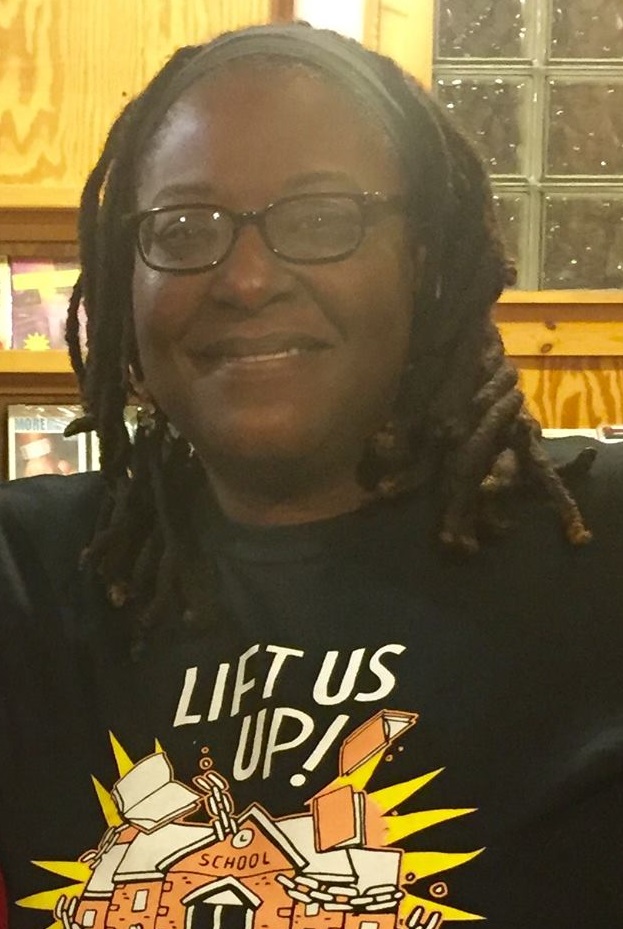
5. A Meditation on Meditation, a Critical Reflection on Possibilities to Decolonize Transformative Justice Practices
Lou Dejesus
12:00pm-12:20pm
Based on years of study and involvement in many different styles of mediation processes across many different settings, Lou will offer her thoughts on some ways to minimize harm during the work, particularly in movement building spaces. Until capitalism and the carceral state have been abolished, there will be no totally safe spaces within which we can address conflict. As abolitionists however, it is our work to begin to create the world that we wish to see.To do this effectively, concepts of time, patriarchy and neurodivergence must be decolonized in our restorative space. This is not to say that these are the only or most important concepts to challenge, this is not meant to be exhaustive, but they are vital. To build strong, truly resilient and effective movement communities, that will be able to withstand increasing state repression and violence from all sides, effective restorative justice is an urgent necessity.
Lou DeJesus is a graduate of Williams College with degrees in Religion and History. She has an extensive background in theatre, puppetry and performing arts. Lou took part in Occupy NY, was pivotal in bringing the Black Lives Matter movement to Buffalo N.Y. and continues the abolitionist fight against the preschool to prison pipeline, mass incarceration and all other carceral structures of racist oppression. She is also proud to be an organizer with the Black Rose Anarchist Federation. She works closely with the Little Africa Culture Club to build the movement through poetry, spoken word, political education and African centered cultural production. Most importantly, Lou is absolutely certain that the new world in our hearts will be a reality sooner than we could ever imagine.
12:20pm-12:30pm Q and A
6. Compassion: The Disruptor of Oppression
Danni Gaulden (Danni McGhee)
12:30pm-12:50pm
Understanding plant based vegan living as a place from which we begin breaking down oppression as it exists inside and outside of black and brown communities.
Danni Gaulden, founder of DAM Good Vegan, is a Plant-Based Nutrition Coach dedicated to inspiring and encouraging individuals to choose healthy vegan options to improve their health and overall well-being. She provides guidance on the principles of plant-based nutrition while introducing fun and easy ways to incorporate healthier options into their already busy lifestyle. When you work with her, you will be empowered and equipped with all the knowledge and tools you need to make healthier choices every day. DAM Good Vegan promotes eating a plant-based diet as the best way to optimal health and wellness. We offer online courses to help our students become empowered to navigate in a world that doesn’t always make healthy, nutritious options convenient and accessible, and support you through our membership site that gives you access to 100+ plant-based recipes PLUS grocery & shopping lists, instructional cooking videos, education on detoxing, and weekly live Q&A calls! To work with her, visit her website at damgoodvegan.com Going Vegan: A Revolutionary Act for Your Health Description: Danni McGhee will be discussing how choosing a plant based diet and vegan lifestyle is the single best thing you can do to make a global impact for positive changes. Though it is important we all consider a vegan lifestyle, black and brown people specifically would benefit from making these changes especially for their health. Small changes can transform our communities and save lives.
12:50pm-1:00pm Q and A
7. Moving Towards Solidarity: Lessons of Food Apartheid Research
Z. Zane McNeill
1:00pm-1:20pm
The dispossession of land has historically gone hand-in-hand with white supremacist tactics to remove, marginalize, and oppress Black Brown Indigenous People of Color (BBIPOC). Self-determination is predicated on land sovereignty and food justice, which is why “within Black communities, reparations have long been intertwined with the liberation of all Black people through food justice and land sovereignty,” as explained by Ruth Terry in Civil Eats. This makes food justice and food sovereignty projects inherently anti-racist and anti-colonial ventures that require reparations from white folks who have profited from these histories of violence because our wealth is built upon the continual oppression and marginalization of BBIPOC. Any future-oriented organization must be focused on acknowledging histories of violence and offer reparations. Understanding the history of the land you are on and the place you do work is imperative to work towards social justice. Doing this work—not to perform solidarity but to enact it – begins the slow process of building relationships with BBIPOC. How can your organization repair the harms done to these communities?
Z. Zane McNeill is an independent activist-scholar, editor, writer, and journalist who specializes in issues of speciesism, social justice, and queer activisms. He is editor-at-large at the Arissa Media Group, co-founded the public interest firm, Sparks & McNeill, LLC, and is head consultant at Roots: DEI Consulting and Policy. He currently has anthologies under contract with PM Press, Lantern Publishing, and University of Kentucky Press.
1:20pm-1:30pm Q and A
8. Hands Up, Don’t Shoot: Teaching Black Lives Matter
Jo Davis-McElligatt
1:30pm-1:50pm
I explore the politics, praxis, and ethics of teaching Black Lives Matter, centered in my experiences as a queer black woman academic in the south.
Joanna Davis-McElligatt is an Assistant Professor Black Literary and Cultural Studies in the Department of English at the University of North Texas. She is co-editor of Narratives of Marginalized Identities in Higher Education: Inside and Outside the Academy (Routledge 2019), Narrating History, Home, and Dyaspora: Critical Essays on Edwidge Danticat (U of Mississippi P, under contract), and BOOM! Splat: Comics and Violence (U of Mississippi P, under contract). She is currently at work on her first monograph, entitled Black and Immigrant: Belonging, Diaspora, and Time in American Literature after 1965, a critical exploration of representations of immigrants of African descent to the U.S. from Afropolitans to Wakandan Americans. Her scholarly work appears or is forthcoming in south: a scholarly journal, Mississippi Quarterly, Cambridge History of the U.S. South (Cambridge UP, under contract), The Cambridge Companion to New Faulkner Studies (Cambridge UP, under contract); The Cambridge Companion to the American Graphic Novel (Cambridge UP, under contract); Small Screen Souths: Region, Identity, and the Cultural Politics of Television (LSU P 2017), and Critical Insights: The American Identity (Salem P 2014), among other places. Her work on comics has appeared in The Comics Journal, Graphic Novels for Children and Young Adults (U of Mississippi P 2017), and The Comics of Chris Ware: Drawing is a Way of Thinking (U of Mississippi P 2010). Before joining UNT, she spent nine years at the University of Louisiana at Lafayette.
1:50pm-2:00pm Q and A
9. Decolonizing and Dismantling Sexism in Middle Schools
Chelsie Joy Acosta
2:00pm-2:20pm
Chelsie Joy Acosta is an educator in the Salt Lake City School District. She currently serves on the Utah National Association Multicultural Education (NAME) Board and the Salt Lake Education Association Executive Board. Chelsie is the National Education Association (NEA) Social Justice in Education blogger and the NEA Hispanic Caucus Secretary. In 2017, she was a finalist for the NEA Social Justice Activist Educator of the Year. Chelsie is currently a graduate student at the University of Utah in the Department of Education, Culture and Society. Her activism is centered, but not limited to; racial justice, the protection of the undocumented community, LGBTQIA+ issues and the School to Prison Pipeline. She serves on the board of the Utah ACLU.
2:20pm-2:30pm Q and A
10. Baldwin as Method: Sexism, Racism, Post-Pandemic Pressure & Refusing to ’Get Back to Normal’
Sarah L. Rasmusson
2:30pm-2:50pm
The March 16th killing of six Asian women in Atlanta have left many seeking to understand how to be more supportive of all women and the Asian community. Rage. Grief. Exhaustion. Mass shootings by young white men with easy access to guns make the reality of structural racism and sexism in this country all too apparent. Yet, we all are sensing a kind of post-pandemic pressure ~ the push to get back to normal. This discussion shares some insights by James Baldwin who had investigated a mass murder case in Atlanta exactly forty years ago. In The Evidence of Things Not Seen (1985), Baldwin interviewed victims’ families and sat in on the criminal trial before delivering a searing takedown of white supremacy. Ultimately, he noticed how the push to ‘get back to business as usual’ is actually the driving force of killings.
Sarah L. Rasmusson has been an adjunct professor of Women’s & Gender Studies since 2001. Previously, she was a staff writer at a number of news outlets. Her academic and journalism work has appeared in NYT, Village Voice, Bitch Magazine, Women’s Studies Quarterly, Blade News, Amsterdam News, and Media Studies Journal among others. After publication of her investigation of a pre-WWII murder case involving Nazis and white supremacy in the collection, Entangled Memories: Remembering the Holocaust in a Global Age (Heidelberg, 2017) she gave invited takes throughout Germany and that story is now being considered for a major feature film. She is currently struggling with a memoir about her father, whiteness and going home for his hospice care. She lives in the Bronx and also off-the-grid as a mountain guide and hike leader. She’s happiest with books, a kerosene lamp and a wood stove in the back country.
2:50pm-3:00pm Q and A

